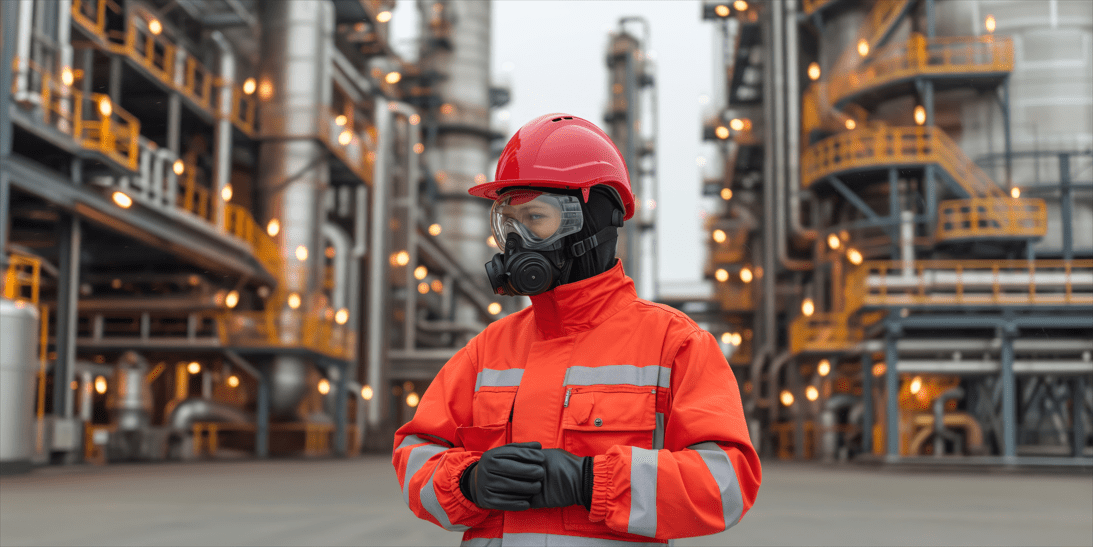Explore how modern pipeline technologies contribute to enhancing safety measures and protecting refineries from potential hazards.

State-of-the-art pipelines are designed with robust materials and construction techniques to withstand harsh operating conditions and minimize the risk of leaks or failures. These pipelines are engineered to meet stringent safety standards and regulatory requirements, reducing the likelihood of accidents and incidents. Modern pipelines are engineered with robust materials and construction techniques, ensuring resilience against harsh environmental conditions and reducing the likelihood of leaks or failures. These state-of-the-art pipelines adhere to stringent safety standards and regulatory guidelines, prioritizing accident prevention and operational reliability
Advanced pipelines are equipped with integrated monitoring and detection systems that continuously monitor pipeline integrity and detect anomalies in real-time. This proactive approach allows operators to identify potential issues such as leaks, pressure fluctuations, or structural weaknesses before they escalate, enabling prompt corrective actions to be taken. This proactive monitoring approach empowers operators to address potential issues such as leaks or pressure fluctuations promptly, minimizing risks and ensuring continuous operational safety.
Automation plays a significant role in enhancing operational safety in pipeline operations. Automated valves, control systems, and emergency shutdown mechanisms ensure swift response times in case of emergencies, minimizing the impact of incidents and protecting personnel, assets, and the environment.
In addition to advanced technologies, ongoing training programs and strict compliance measures are crucial for maintaining a culture of safety within refineries. Employees are trained on safety protocols, emergency procedures, and proper handling of pipeline systems, fostering a safety-conscious workforce.
Safety improvements in pipeline systems are a collaborative effort involving industry stakeholders, regulatory bodies, and technology providers. Continuous collaboration and knowledge sharing lead to the development of best practices, standards, and innovations that further enhance safety across the refining industry.
The adoption of state-of-the-art pipelines represents a significant stride in industrial safety within the refining sector. By leveraging advanced technologies, proactive monitoring systems, and a culture of safety, refineries can mitigate risks, prevent incidents, and safeguard their operations, personnel, and the environment. Industrial safety remains a collective responsibility, and ongoing efforts in safety enhancements will continue to shape a safer and more resilient industry.








